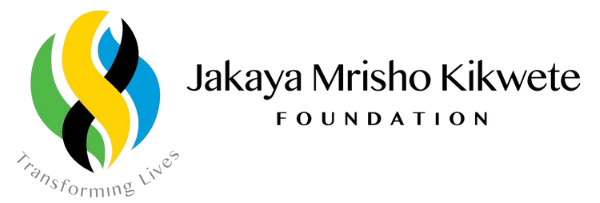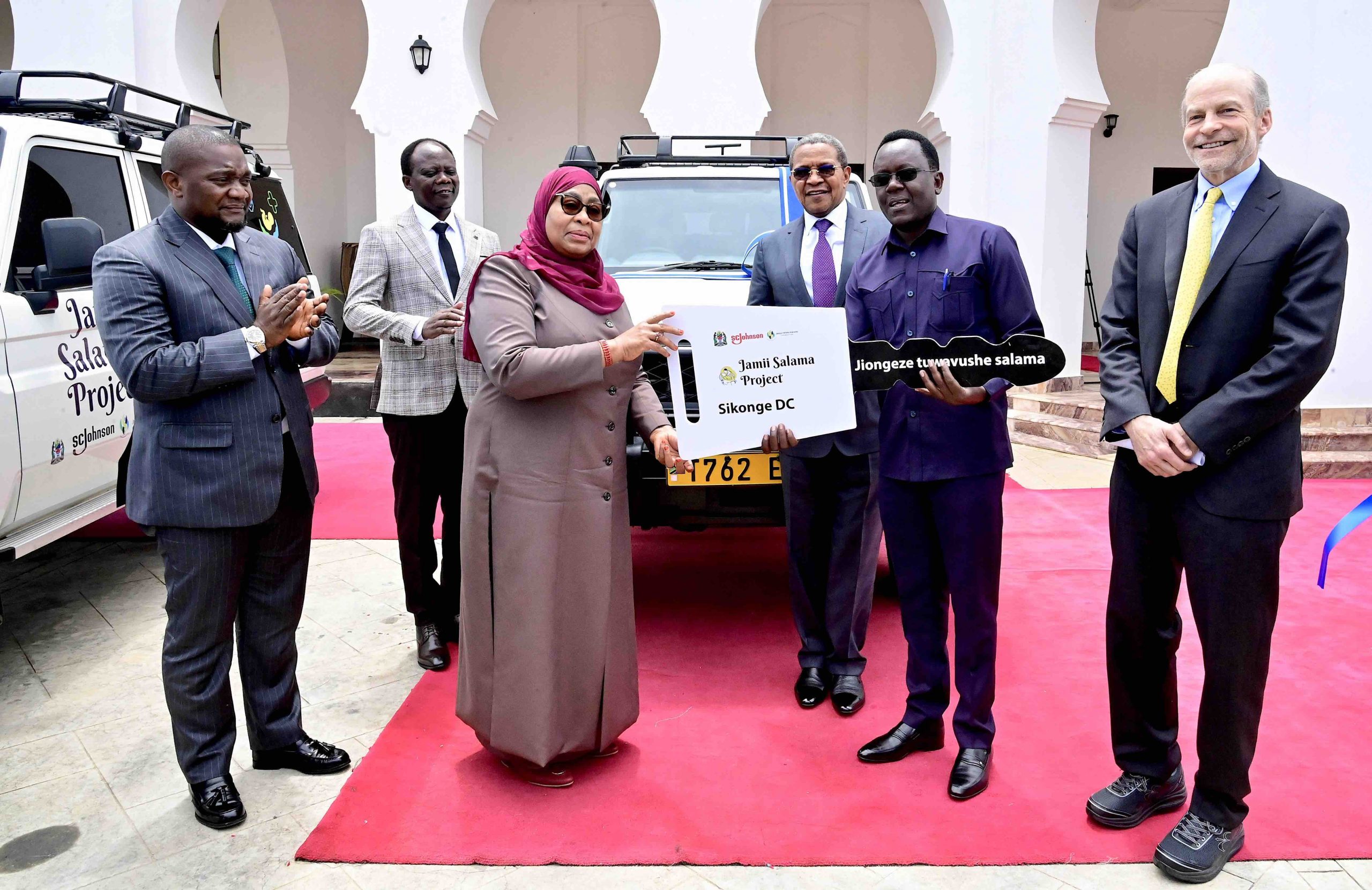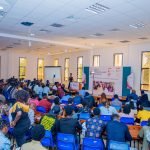Dodoma, Tanzania – In a landmark initiative aimed at improving maternal and child health services in remote communities, the Jakaya Mrisho Kikwete Foundation (JMKF) and SC Johnson in collaboration with the Government of Tanzania launched the Jamii Salama mobile antenatal outreach services project on February 1, 2025, at the State House, Chamwino, Dodoma.
The event was graced by Her Excellency Dr Samia Suluhu Hassan, President of the United Republic of Tanzania, alongside Settlor and Chairperson of JMKF, Former President Dr Jakaya Mrisho Kikwete; Dr Fisk Johnson, Chairman and CEO of SC Johnson Company, project financiers; senior government officials; and key stakeholders in the health sector.
The Jamii Salama project is set to revolutionize healthcare access in Kizengi and Miyenze wards (Uyui District Council) and Igigwa and Kiloli wards (Sikonge District Council). These rural areas have long struggled with limited maternal healthcare services, a challenge this initiative aims to address.
The project will deploy mobile antenatal care (ANC) services and construct two dispensaries—one in Genge Sita Village (Uyui DC) and another in Ipembe Village (Sikonge DC)—bringing essential maternal and child healthcare closer to underserved populations.
During the launch, President Samia was given a detailed presentation of the dispensary’s architectural models, which include modern medical facilities and incinerators for medical waste management. She commended the project’s design, emphasizing its alignment with Tanzania’s broader healthcare goals.
Before the official launch, President Samia held a closed-door meeting with Dr Fisk Johnson, former President Dr Kikwete, and senior government representatives, including the Minister of State, President’s Office – Regional Administration and Local Government (PO-RALG), and the Deputy Minister of Health, Dr Mollel.
The discussions focused on expanding collaboration between Tanzania and SC Johnson to support public health initiatives.
The President then inaugurated two specialized project vehicles designated for maternal outreach services in Uyui and Sikonge districts, with a ceremonial ribbon cutting.
And as Her Excellency officially handed over the vehicles’ symbolic keys to Hon. Chacha Marwa, Regional Commissioner of Tabora, she called upon local leaders to ensure their proper utilization.
An exciting element of the project is the introduction of SCJ’s Guardian spatial repellent, designed to reduce malaria transmission. Dr Fisk Johnson III highlighted this innovation:
“Meeting with President Suluhu and Former President Kikwete was an honour. We’ve launched mobile clinics to enhance healthcare access. We look forward to distributing Guardian, our innovative repellent, to millions of Tanzanians to save lives.”
The project’s success relies on strong partnerships. The Tanzanian government ensures integration into existing healthcare frameworks, with regional and district medical offices training community health workers to support the rollout.
As Tanzania continues its push for universal healthcare, the Jamii Salama project marks a significant step in bridging healthcare disparities. The collaboration between government, private sector, and civil society exemplifies a powerful model for sustainable healthcare development.




